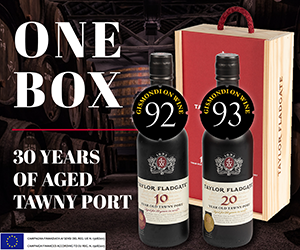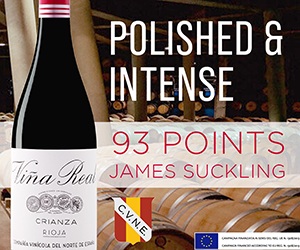Week in Review
Monday, December 8 2025
12 · 08Season's Greetings from all of us at Gismondi on Wine
As the year winds down, we continue to taste and rate wines much as we have online since 1991. Of particular interest this month are our extensive notes on all the sparkling wines we tasted this year and Champagne Master Treve Ring's annual report on Champagne. Allison has come up with some favourite Canadian discoveries this year, as well as some returning favourites from Europe. We have several Holiday Wine guides ready to help you complete your shopping in record time.
agAnthony
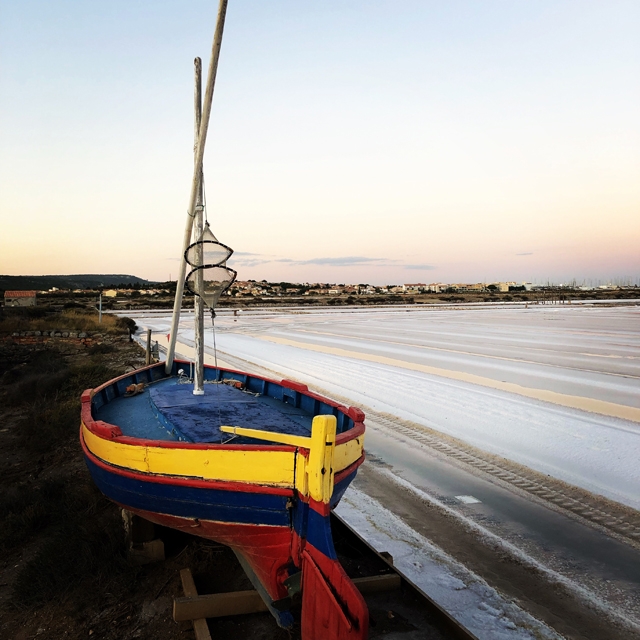
Gérard BertrandIf a trip to the south of France is in your future, we think you will be interested in our on-site video interview with famed French...
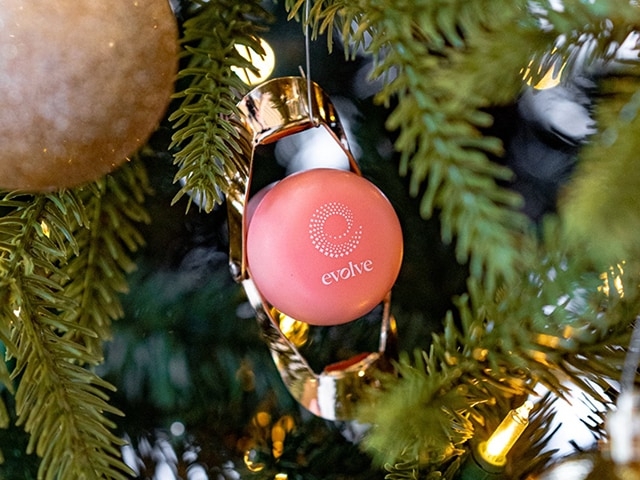
When Only B.C. Bubbles Will DoIn a world where Champagne has long dominated the sparkling wine pyramid, the tide is turning as more and more producers around the...
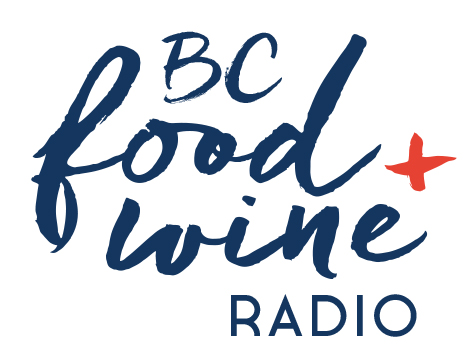
BC Food and Wine RadioBC Food and Wine Radio launched on September 6, 1997, as The Best of Food and Wine with Tony and Kasey Wilson in the CFUN studios on West...
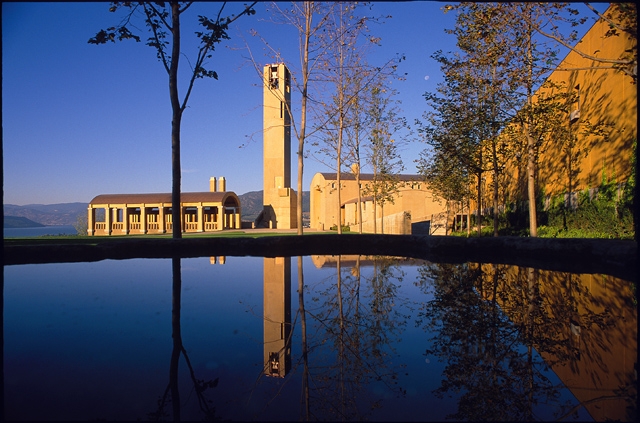
Mission Hill 2025 National Wine Awards of Canada Winery of the YearThe Okanagan hilltop winery with the stunning vistas has returned to the top of the heap once again at the 2025 WineAlign National...
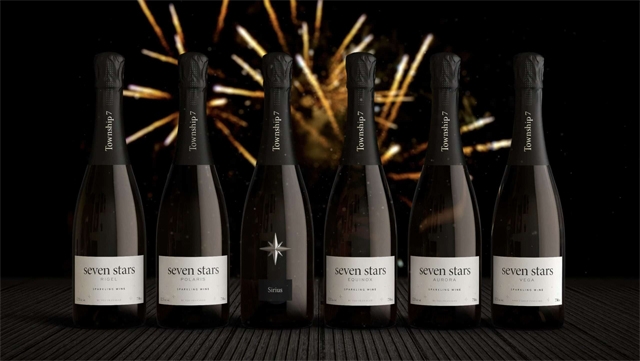
2025 WineAlign National Wine AwardsAfter posting 20 consecutive years of growth, the sparkling wine category took a step back in 2023 and 2024 in the US and Canada. However,...
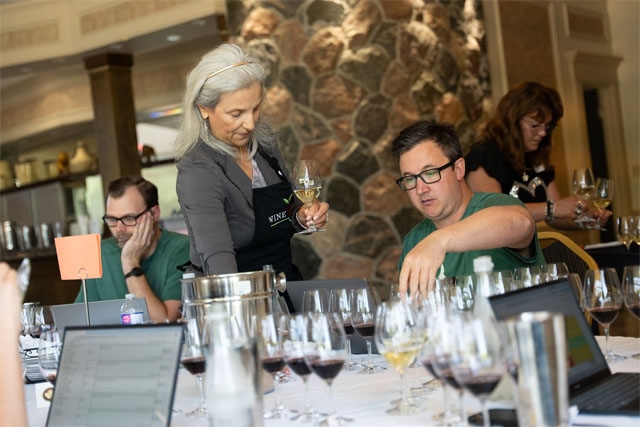
The Wine Align National Wine Awards of CanadaThis year, the National Wine Awards of Canada celebrates a quarter-century of our once-a-year snapshot of Canadian wines. As the...
Contributors

by: Geoffrey Moss MW

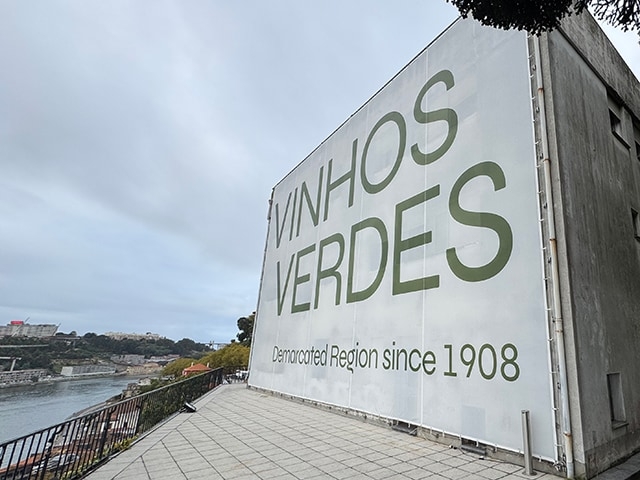
Portugal's White Wines
One of our 2026 predictions was that wine drinkers would look to less familiar wine regions to find value this year. Few countries can deliver on that like Portugal. It helps to have a history of winegrowing that dates back thousands of years. After visiting in October, one of my revelations was the quality and diversity of white wines. Here are five reasons to consider knowing more about Portuguese white wines...Read More ...

Cheese Pleaseby: Allison Spurrell


Epoisses
This month, in anticipation of the upcoming French theme at the Vancouver International Wine Festival, we take a look back at a classic French cheese, Epoisses. Epoisses is renowned in the cheese world as one of France's most potent washed rind cheeses. Regardless of its ripeness, it always boasts a rich flavour and has a relatively strong aroma. When it is quite ripe—which is common when buying it in Canada—it can become runny and develop a notably strong smell...Read More ...

From the TreveHouseby: Treve Ring


Champagne Annual 2025 - 2026
After a couple of challenging vintages, the Champenois sighed in collective relief with harvest 2025. Not only was it the earliest harvest ever recorded, quality has been reported as excellent, and healthy. Growers had barely made it back from summer holidays when harvest began in some villages on August 20, the exact date that the Comité Champagne (CIVC) announced picking can commence...Read More ...
 quicksearch
quicksearch



